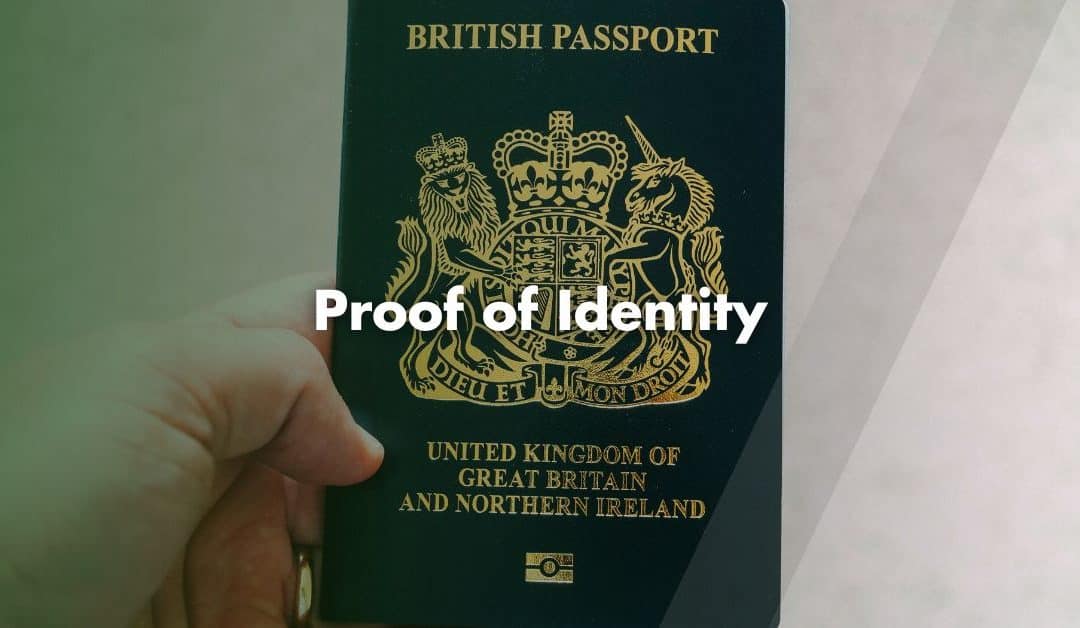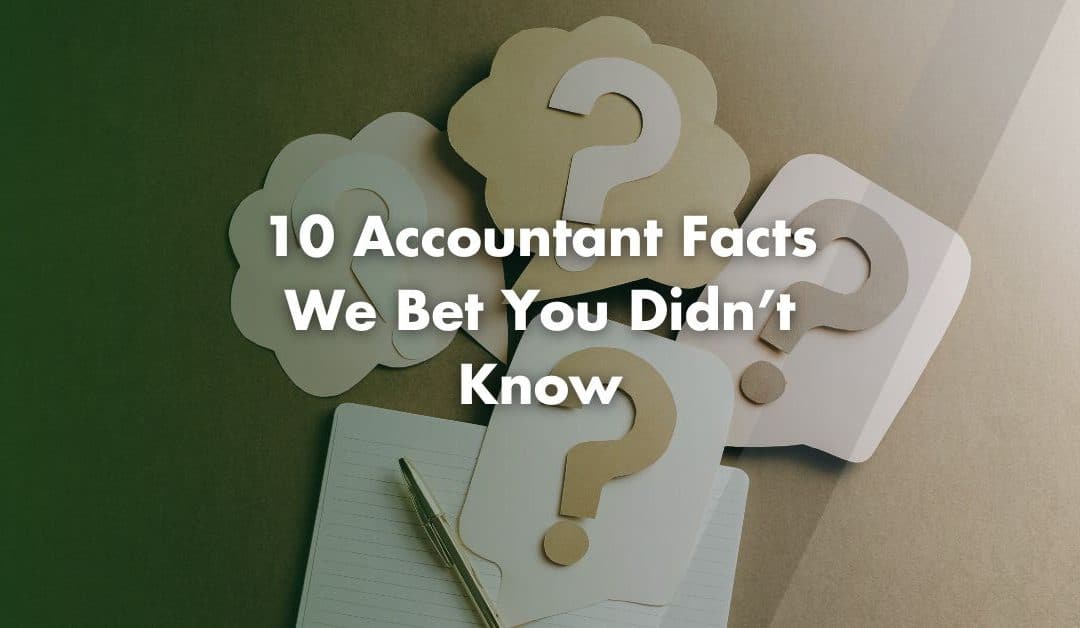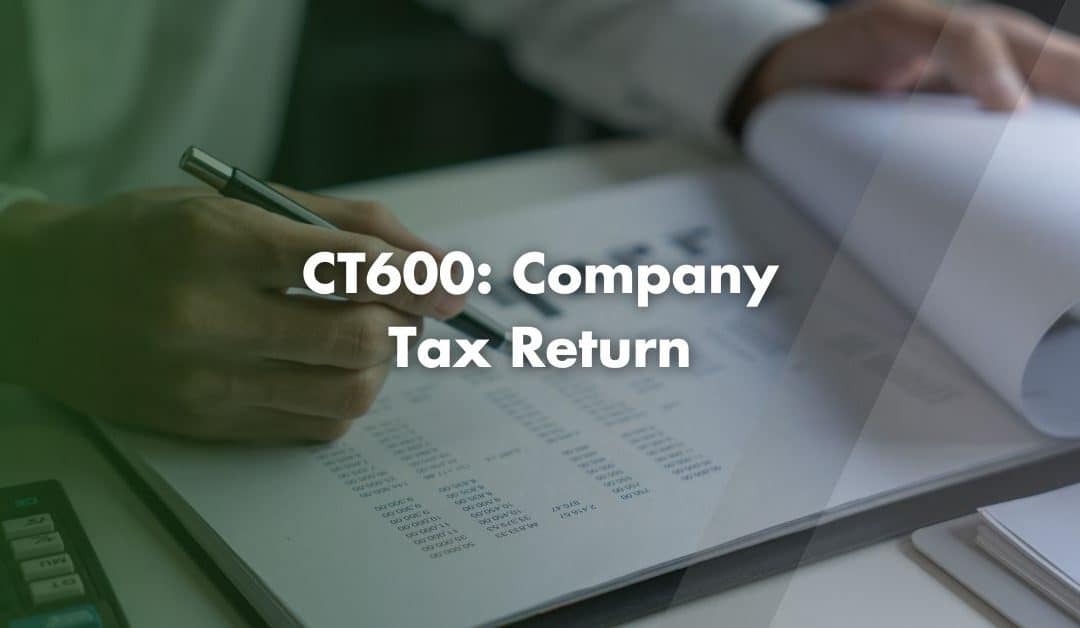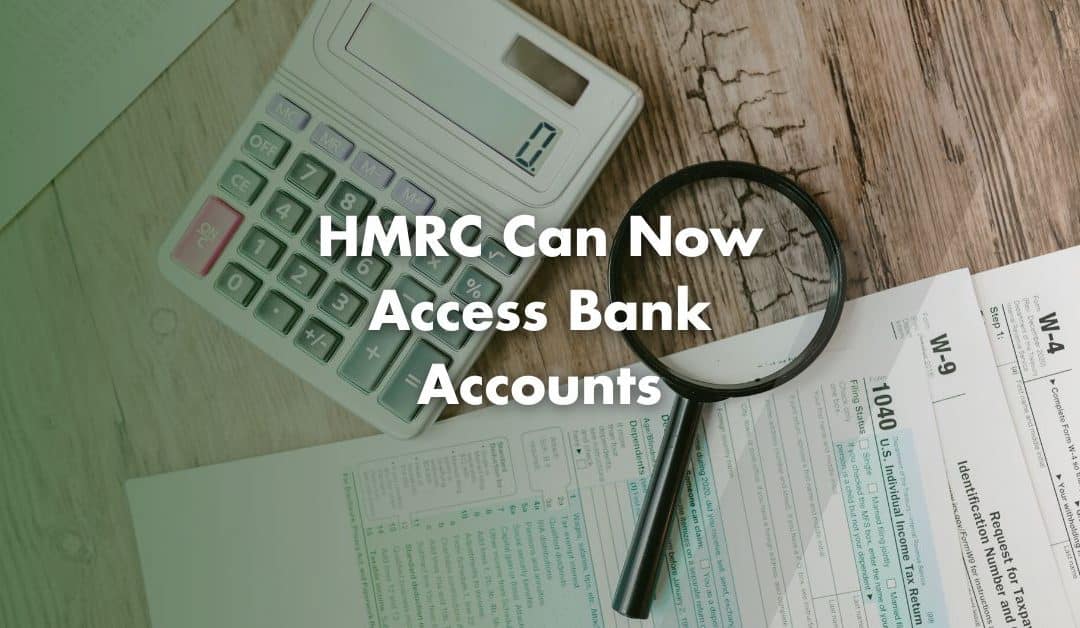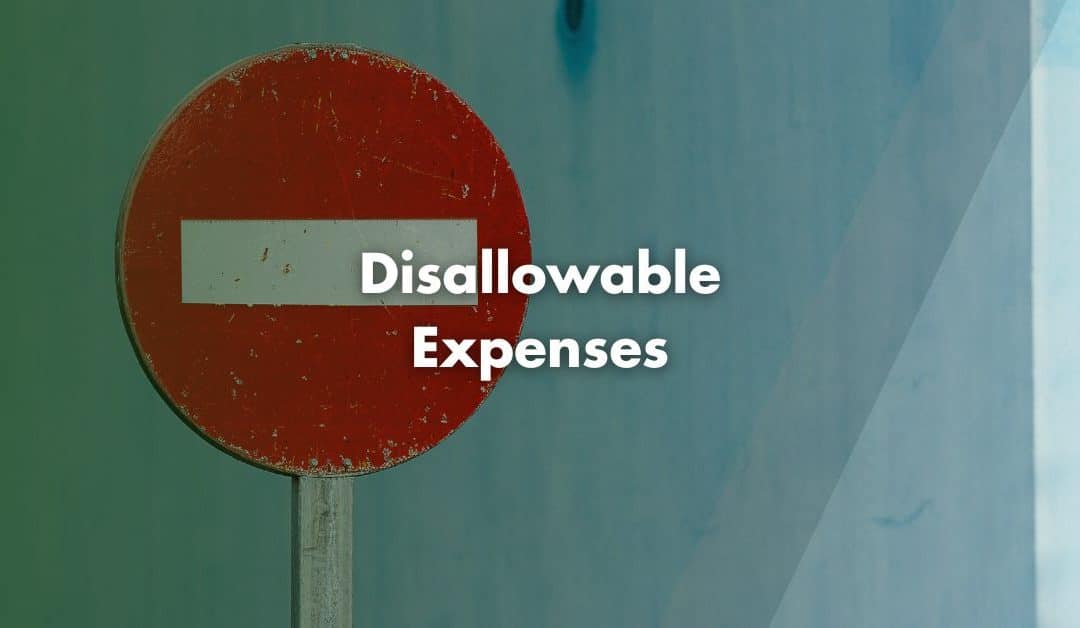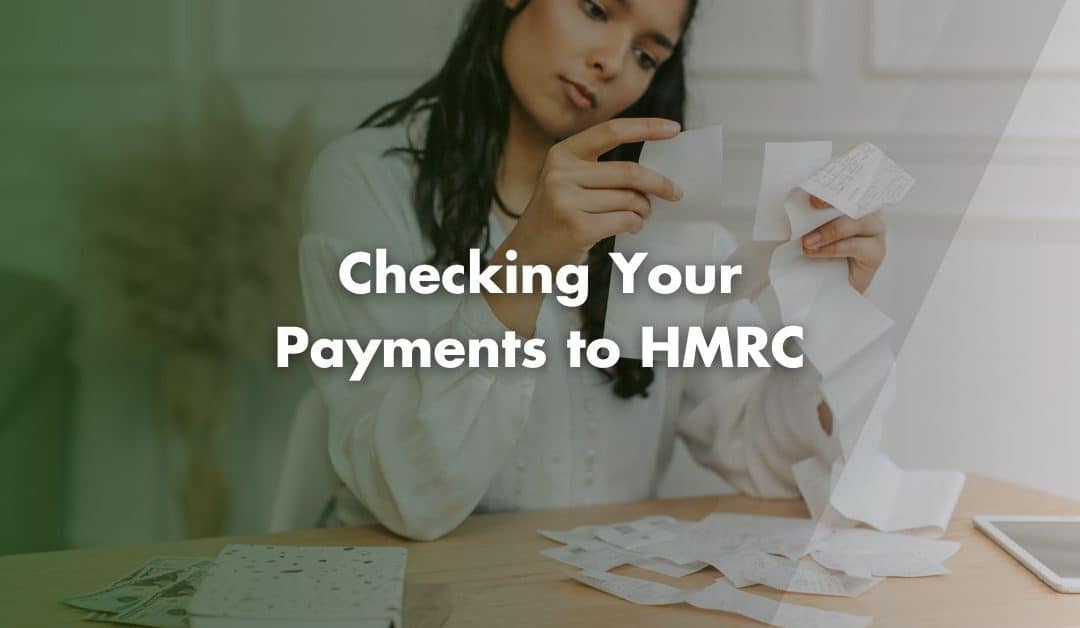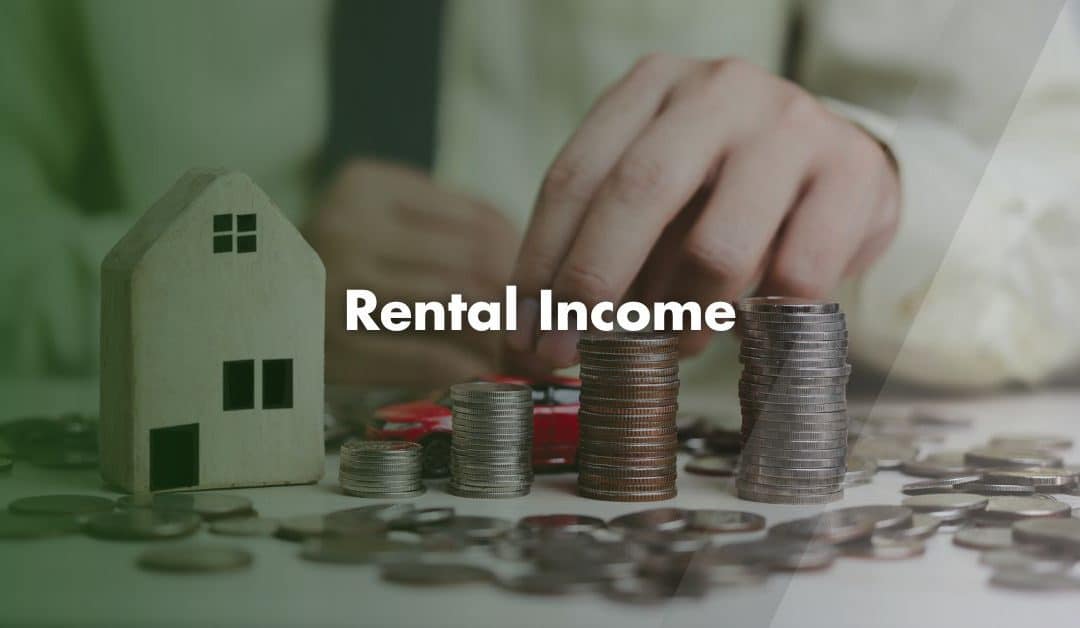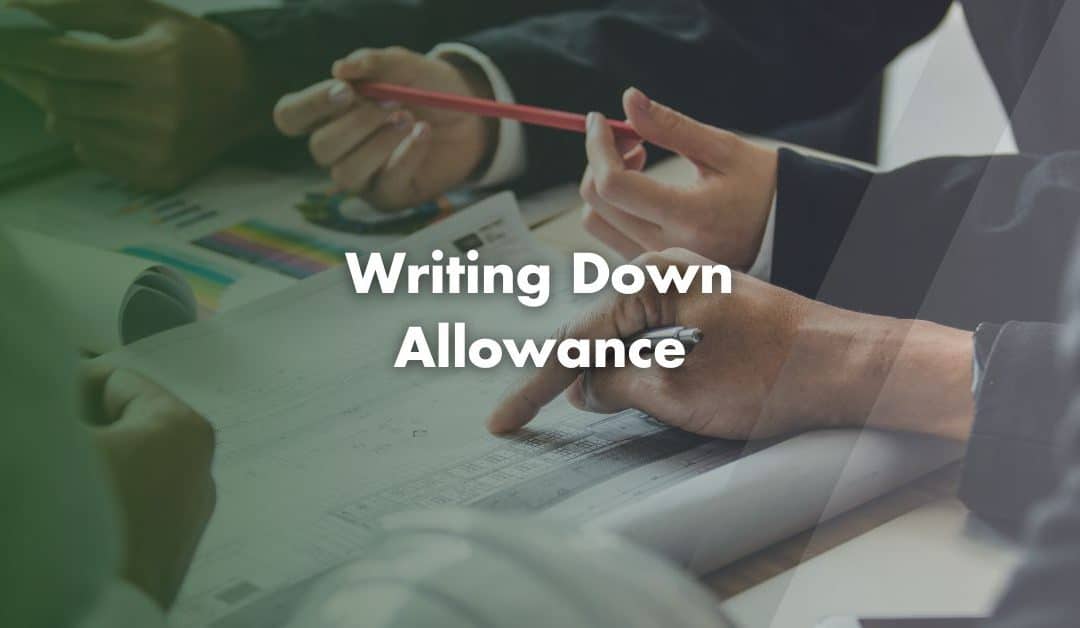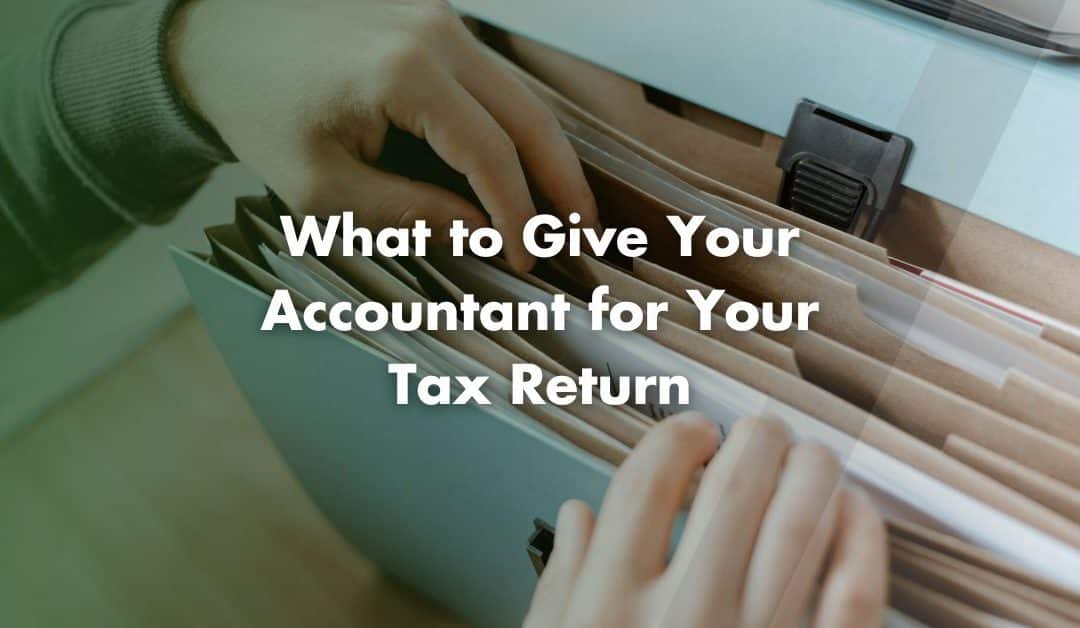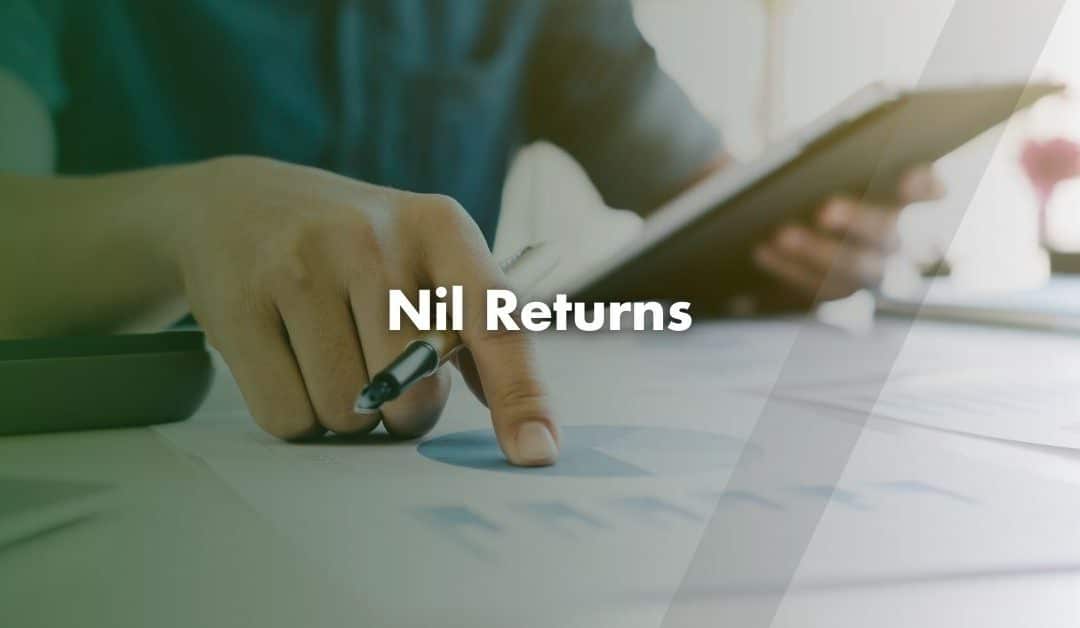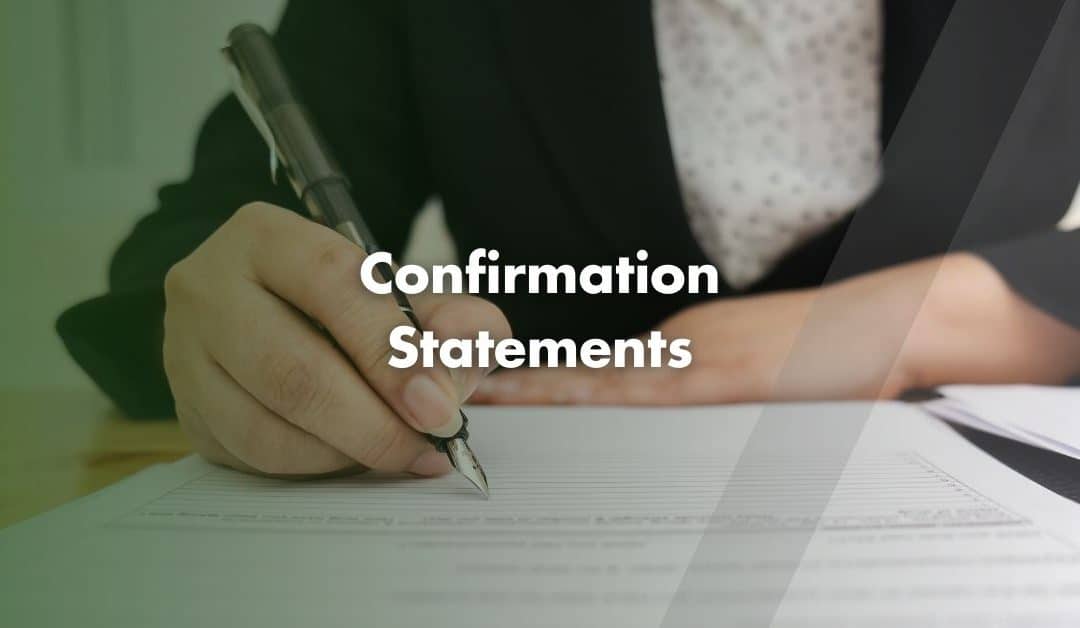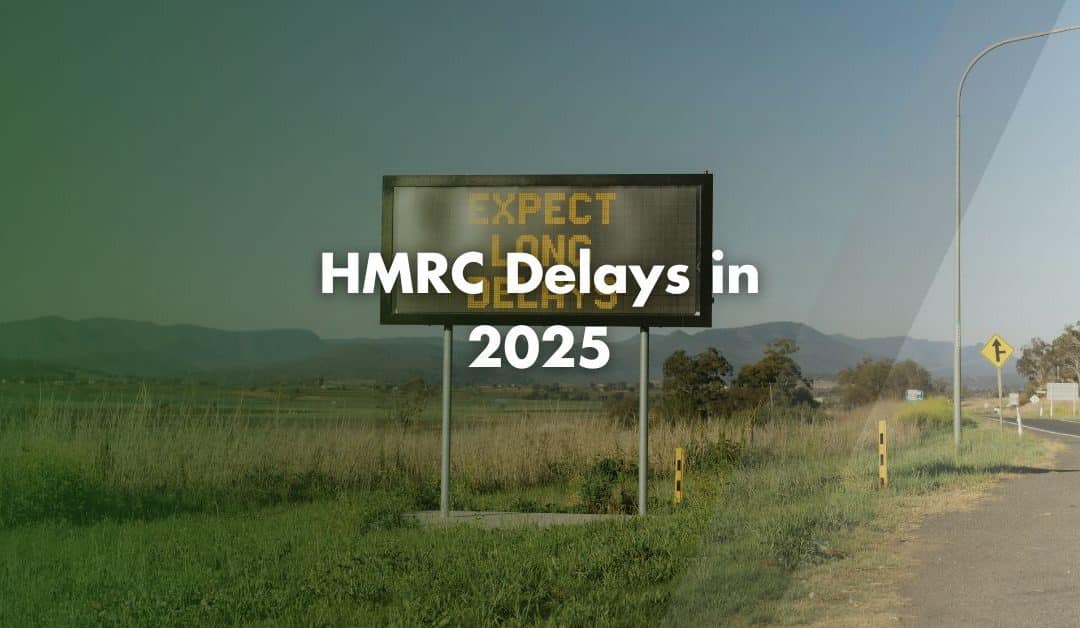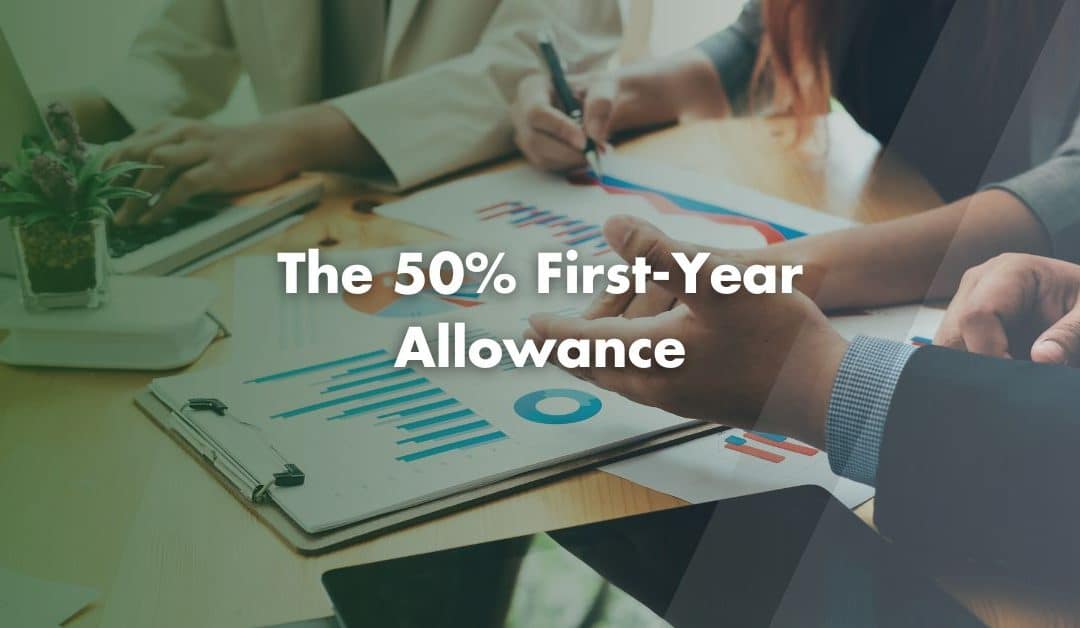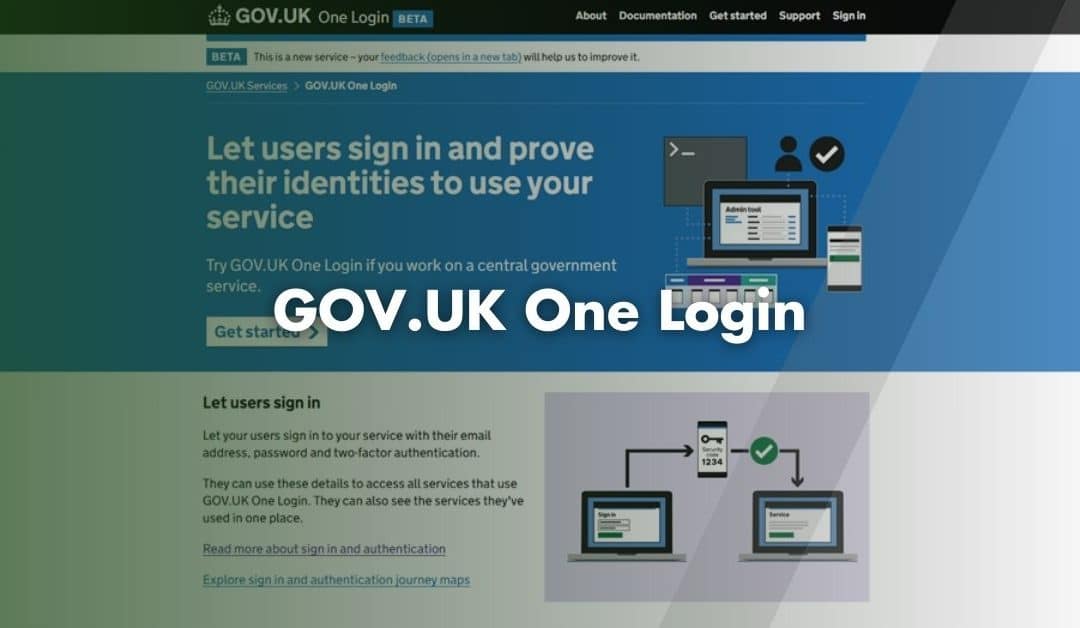
by Pi Accountancy | Oct 15, 2025 | Advisory and Resources, Companies House, HMRC
Accessing different government services online used to mean juggling a long list of usernames, passwords and sign-in methods. Some departments shared common systems, such as Government Gateway, but many still maintained their own separate logins. Now, the government...

by Pi Accountancy | Oct 14, 2025 | Advisory and Resources, Business, Companies House, Regulations and Schemes
Verifying your identity has never been more important. Whether you are setting up a company or becoming a director, you must prove who you are. Proof of Identity checks protect everyone involved and keep businesses compliant with legal requirements. Identity...

by Pi Accountancy | Oct 8, 2025 | General
Do you think of accountants as serious suit-wearing, pen-wielding number-crunchers? A bit dull and grey maybe? Think again! To combat misconceptions, we have put together this blog to showcase 10 accountant facts we bet you didn’t know. 1. The Invention of Bubblegum A...

by Pi Accountancy | Oct 7, 2025 | General
Window Tax is a curious piece of history. It has shaped homes and sparked debate for more than 150 years. Its legacy reminds us that while governments design taxes to raise funds, people always adapt to lessen the burden. Sometimes, those adaptations go on to reshape...

by Pi Accountancy | Oct 1, 2025 | Advisory and Resources, Business, Corporation Tax, Regulations and Schemes, Taxes
Running a limited company comes with responsibilities and one of them is filing your Company Tax Return. You do this using the CT600. Knowing what this form is and how to submit it correctly can save you time and money. What is the CT600? The CT600 is the official...

by Pi Accountancy | Sep 30, 2025 | HMRC, Taxes
HMRC has relaunched a scheme that allows it to access take unpaid taxes directly from people’s bank accounts. If you owe at least £1,000 and ignore repeated reminders, HMRC can now instruct your bank or building society to release the funds. This includes money...

by Pi Accountancy | Sep 25, 2025 | Advisory and Resources, Property Landlords, SDLT
Stamp Duty Land Tax is a tax you may need to pay when taking on leases in the UK. It can be a major expense, particularly for longer commercial leases or higher-value properties. What Stamp Duty Covers Stamp Duty applies to two elements of a lease: The Premium (the...

by Pi Accountancy | Sep 24, 2025 | Property Landlords
Buying a leasehold property is a way to own a home without purchasing the land. These properties are very common in the UK, especially for flats and maisonettes. Some houses can also be leasehold, particularly legacy and shared ownership schemes. The Leasehold and...

by Pi Accountancy | Sep 23, 2025 | COVID-19, Regulations and Schemes
The government has opened a voluntary repayment window for people and businesses that received unentitled COVID support money. This is your final chance to repay what you owe. The window stays open until December 2025. Official Guidance: Covid repayment window opens...

by Pi Accountancy | Sep 18, 2025 | Advisory and Resources, Taxes
Disallowable Expenses are a common source of confusion, but the rules are straightforward once you understand the basic principle. If a cost is not “Wholly and Exclusively” for business use, you cannot claim it. Claiming the wrong expenses can quickly lead...

by Pi Accountancy | Sep 17, 2025 | Companies House
Managing and being named under multiple businesses is common in the UK. Many entrepreneurs and investors register more than one company under their name on Companies House. While this is perfectly legal, it can sometimes raise questions. Without proper management,...

by Pi Accountancy | Sep 16, 2025 | Property Landlords, Taxes
Council Tax is a local tax on residential properties throughout England, Scotland and Wales. It helps councils fund a wide range of essential services, such as: Rubbish collection Street lighting Recycling services Road maintenance Local schools Libraries Public parks...

by Pi Accountancy | Sep 11, 2025 | Companies House, Frequently Asked Questions
A Dormant Company is a limited company that is officially registered with Companies House but is not currently carrying out any business activity or receiving income. Simply, the company is not trading and receiving absolutely no income. That means it is not: Selling...

by Pi Accountancy | Sep 10, 2025 | Company Car
A fuel card lets you purchase fuel exclusively at designated petrol stations. It works much like a credit or debit card, but businesses use it specifically for managing fuel expenses. The business pays for all transactions directly, so drivers do not need to pay...

by Pi Accountancy | Sep 9, 2025 | Advisory and Resources, HMRC, Taxes
When sending large sums of money to HMRC, many taxpayers only feel at ease once they confirm their payment has cleared. The good news is that checking whether HMRC has received your payment is simple. Who Needs to Pay Tax to HMRC? Not everyone needs to pay HMRC...

by Pi Accountancy | Sep 4, 2025 | Property Landlords, Taxes
Renting out property can be a fantastic way to earn extra income. To make the most of your rental income and avoid any unexpected tax bills, you need to understand how Property Income works. What is Property Income? Property Income is the money you earn from land or...

by Pi Accountancy | Sep 3, 2025 | Property Landlords, Taxes
Renting out property is a popular way to earn extra income. Whether you are letting a single flat, a family home or managing a portfolio of properties, you must understand the rules around rental income and taxation. What is Rental Income? Rental income includes more...

by Pi Accountancy | Sep 2, 2025 | Allowances
When you purchase equipment or other assets for your business, they naturally decrease in value over time due to wear and tear. Rather than claiming the full cost of an asset upfront, Writing Down Allowance spreads the tax relief over several years. Writing Down...

by Pi Accountancy | Aug 21, 2025 | Advisory and Resources, Self Assessment
We understand that filing a Self Assessment can feel daunting. However, if you have an accountant, providing them with accurate information can make the completion of your tax return much easier and less stressful. Additionally, giving your accountant the information...

by Pi Accountancy | Aug 20, 2025 | Frequently Asked Questions, VAT
If you are VAT-registered in the UK, you must submit a VAT Return every quarter. This rule applies whether or not your business has traded during that period. When you have no VAT to report, you must file a “Nil Return”, also known as a Zero VAT Return....

by Pi Accountancy | Aug 19, 2025 | Companies House, Frequently Asked Questions
A Confirmation Statement is an annual report that directors submit to Companies House. It confirms details about your business, such as: Registered office address Details of directors and shareholders Standard Industrial Classification (SIC) codes to describe business...

by Pi Accountancy | Aug 14, 2025 | HMRC
HMRC is facing mounting criticism over long delays in processing tax refunds. In cases, individuals and businesses have been waiting more than four months to receive their money. This marks a sharp increase from the previous average of four to six weeks. For small...

by Pi Accountancy | Aug 13, 2025 | Allowances, Corporation Tax, Taxes
The 50% First-Year Allowance is a tax relief which should encourage business to invest in new assets. It allows them to deduct 50% of the cost of eligible Capital Expenditure in the year they purchase it. This immediate reduction can reduce your Corporation Tax bill...

by Pi Accountancy | Aug 12, 2025 | Corporation Tax, Regulations and Schemes, Taxes
Full Expensing is a tax relief which should encourage businesses to invest in their own growth. It allows them to claim the entire cost of qualifying Plant and Machinery in the year they purchase it. This immediate deduction reduces your taxable profits and frees up...


